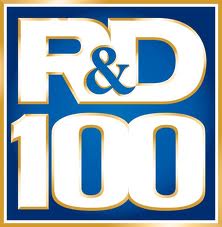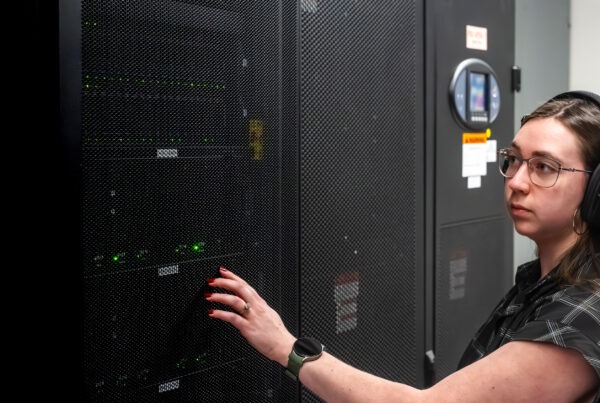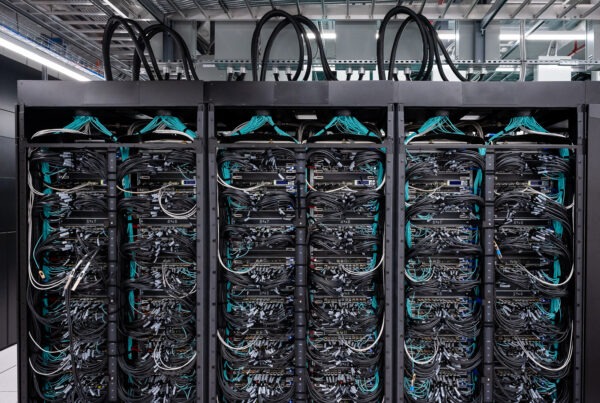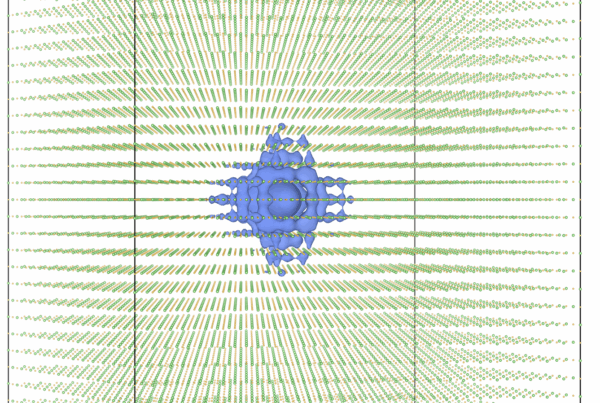OLCF project named one of top 100 tech products
There’s more to the OLCF than just big computers.
The Center is staffed with experts that not only help users make the most of their time on Titan but also conduct groundbreaking research that advances the state of the art in the high-performance computing community. One such group of researchers just got a big pat on the back.
 A team of researchers led by the OLCF’s Scott Klasky received an R&D 100 Award for the development of the Adaptable I/O System for Big Data, or ADIOS. Developed in a multi-institution collaboration between ORNL, Georgia Institute of Technology, Rutgers University, and North Carolina State University, ADIOS is a portable, scalable, easy-to-use software framework conceived to solve “big data” problems.
A team of researchers led by the OLCF’s Scott Klasky received an R&D 100 Award for the development of the Adaptable I/O System for Big Data, or ADIOS. Developed in a multi-institution collaboration between ORNL, Georgia Institute of Technology, Rutgers University, and North Carolina State University, ADIOS is a portable, scalable, easy-to-use software framework conceived to solve “big data” problems.
As compared to other products, ADIOS significantly reduces the input and output complexities encountered by scientists running on high-performance computers. Along with reducing the time to solution for computational problems, the software streamlines scientific workflows, allowing researchers using supercomputers to spend more time achieving scientific insight and less time managing data. ADIOS also provides the foundation for data processing for the next big step for the supercomputing age by providing a platform for research into exascale data challenges.
“ADIOS represents a grassroots effort to allow data–intensive computations and experiments to scale to current and future-generation computing resources,” said Klasky. “This award is the result of years of hard work from our team members and belief from our sponsors.
Klasky and his team began developing ADIOS in 2008, and now the middleware assists numerous applications on Titan. ADIOS has demonstrated impressive I/O performance results on leadership class machines and clusters, sometimes showing an improvement of more than 1,000 times over well-known parallel file formats.
The research was funded by the DOE’s Office of Advanced Scientific Computing Research, the Office of Fusion Energy Science, and the National Science Foundation.
The ORNL team consists of Scott Klasky, Qing Liu, Norbert Podhorszki, Hasan Abbasi, Jeremy Logan, Roselyne Tchoua, Jong Youl Choi, and Yuan Tian.





